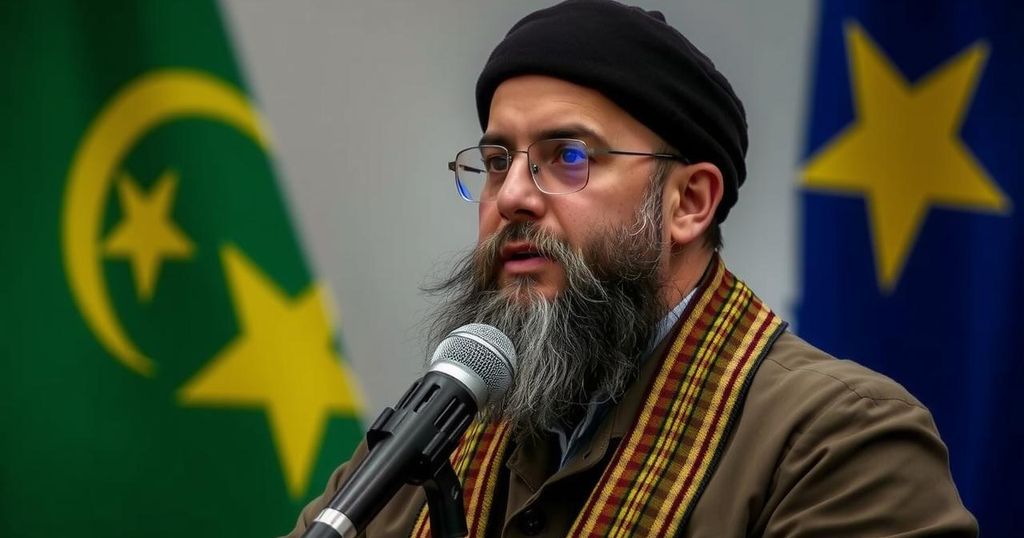The IDF has escalated military operations in Gaza and Lebanon, notably bombing Beirut, amid diplomatic efforts before President-elect Trump’s return. Hezbollah confirmed the death of its media chief in an Israeli strike, while Pope Francis called for an investigation into whether Israel’s actions in Gaza constitute genocide, highlighting the ongoing humanitarian crisis.
The Israel Defense Forces (IDF) have intensified their air and ground assaults in both Gaza and Lebanon, specifically targeting areas within the capital city of Beirut. This escalation in military actions occurs against the backdrop of a diplomatic effort by the White House, as the nation prepares for the upcoming return of President-elect Donald Trump to office in January. Additionally, tensions have escalated between Israel and Iran, following Israel’s reported precise strikes on Iranian military locations in retaliation for a missile barrage from Tehran earlier this month.
In Lebanon, Hezbollah has announced the death of its media relations chief, Mohammed Afif, who was killed in an Israeli airstrike on Sunday. The strike resulted in the partial collapse of a building in Beirut and caused injuries to three individuals, according to the Lebanese Ministry of Health. The IDF acknowledged Afif’s death, highlighting his long-standing influence within the organization since he joined Hezbollah in the 1980s, particularly noting his involvement in a drone attack against Israeli Prime Minister Benjamin Netanyahu’s residence.
Concurrently, Pope Francis has called for an investigation into whether the actions of Israel in Gaza amount to genocide. In an upcoming book scheduled for release prior to his jubilee in 2025, the Pope expressed concerns about the humanitarian crisis facing Palestinians in Gaza due to widespread famine and obstructed aid efforts. He remarked on the need for a careful examination of the situation to ascertain its potential designation under international legal definitions of genocide.
These developments underscore the growing fragility of the region, marked by military confrontation and international scrutiny regarding humanitarian conditions.
The ongoing Israel-Gaza conflict, punctuated by military engagements and rising regional tensions, has drawn global attention, particularly concerning humanitarian crises and accusations of war crimes. The recent military actions by Israel against Gaza and Lebanese territories, including Hezbollah’s stronghold, have led to significant casualties. The role of international leaders, including the Pope, further highlights the urgency of investigating the implications of these actions within the framework of international law, including concepts surrounding genocide and humanitarian rights.
In summary, the escalation of military operations by the IDF against Gaza and Lebanon serves as a catalyst for both diplomatic maneuvers and international concern. The confirmed death of Hezbollah’s media chief amidst these operations accentuates Israel’s aggressive military posture. Furthermore, the Pope’s call for an inquiry into the potential classification of Israel’s actions as genocide emphasizes the pressing need for accountability in this beleaguered region, raising critical questions about international humanitarian law and intervention.
Original Source: www.goodmorningamerica.com






